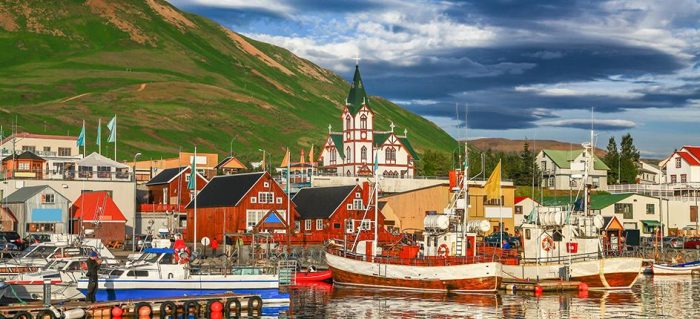Overview of Iceland
Iceland, often called the “Land of Fire and Ice,” is a fascinating Nordic island nation located in the North Atlantic Ocean. Known for its breathtaking landscapes, geothermal activity, and rich cultural heritage, Iceland has become a top travel destination for adventurers and nature lovers alike.
Geography and Natural Wonders
Iceland’s geography is truly unique, with dramatic contrasts of glaciers, volcanoes, geysers, and waterfalls. The island is home to Vatnajökull, Europe’s largest glacier, and iconic volcanoes like Eyjafjallajökull. Its geothermal activity powers natural hot springs, including the famous Blue Lagoon, a popular relaxation spot. Visitors also marvel at the Golden Circle, a route featuring Thingvellir National Park, Gullfoss waterfall, and the Geysir geothermal area.
Climate and Best Time to Visit
Iceland’s climate is surprisingly mild for its northern location, thanks to the Gulf Stream. Summers offer long days and midnight sun, while winters are perfect for witnessing the magical Northern Lights. Popular travel months range from June to August for warmer weather and September to March for aurora sightings.
Culture and Lifestyle
Iceland’s culture blends ancient traditions with modern living. Reykjavik, the capital, is a hub for art, music, and cuisine, offering attractions like the Hallgrímskirkja Church and Harpa Concert Hall. The locals, known for their friendliness and sustainability efforts, take pride in preserving their language, sagas, and folklore.
Why Visit Iceland?
From hiking glaciers to exploring lava caves, Iceland is a paradise for adventure enthusiasts. Its pristine nature, vibrant cities, and unique cultural experiences make it a must-visit destination.
Plan your Iceland adventure today to explore its wonders and create unforgettable memories!
Overview of Iceland

Comment (0)